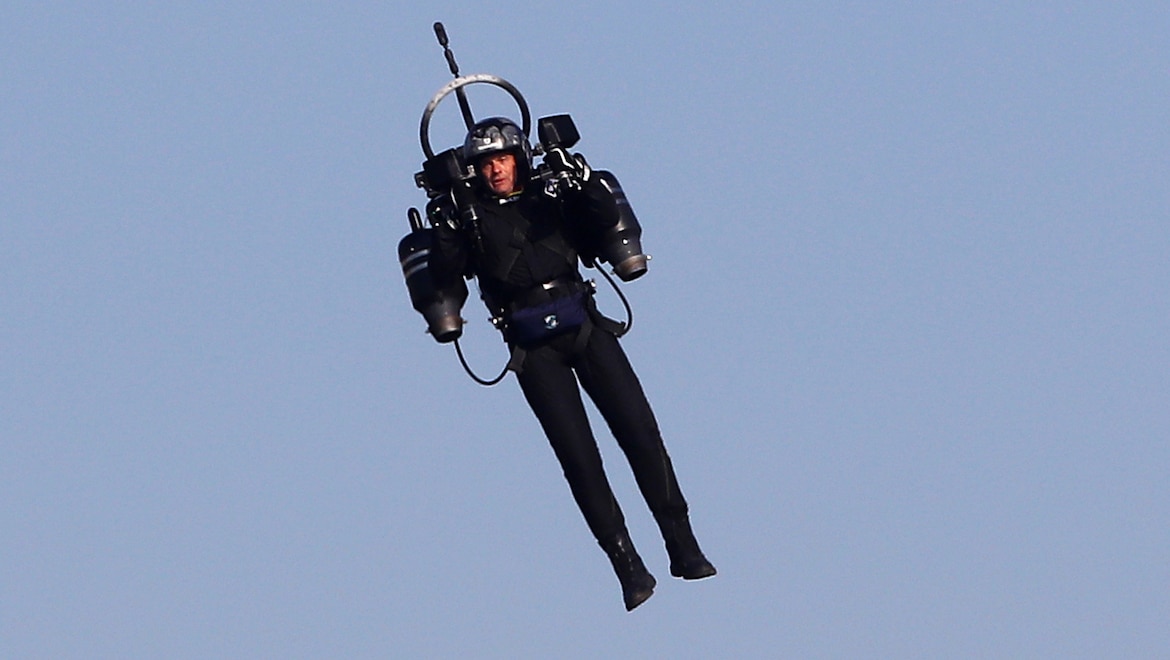
Airservices chief executive Jason Harfield is targeting a return to profitability in the year ahead, as the organisation cuts staff and takes advantage of new technologies to improve work practices as part of a “new operating model”.
The overhaul is part of Airservices’ Accelerate program that was first launched in March and is designed to address what Harfield described as a “relatively fixed and inefficient cost base” that left the organisation unable to “fully offset the first downturn in our aviation revenues in 25 years”.
“This was not only unsustainable, but for a provider of safety critical services to be in a position where it became vulnerable to just a 0.2 per cent fluctuation in revenue, was unacceptable,” Harfield told delegates at Airservices’ annual Waypoint industry conference in Canberra on Wednesday in prepared remarks.
“Over the next 12 months the Accelerate program will deliver an annualised reduction on our cost base of 15 per cent. This will return Airservices profitability to more sustainable levels and allow for an appropriate dividend back to government.
“Much of the Accelerate program’s immediate focus is about us getting our own house in order.”
Harfield said Accelerate was the first step to “deliver some fundamental improvements to allow us to operate more efficiently, to better manage assets and projects and to lay the foundations for how we will use new technology to deliver services highly valued by our customers”.
The program would also focus on using technology to cut unnecessary paperwork and changing how the organisation managed its projects.
“At present, we simply have too many manual processes in the way we work,” Harfield said.
“This has to change, as we’re not taking advantage of tools to simplify and streamline everyday work.
“A range of activities, led by our chief information officer, will improve technology around key business functions.
“We are also improving how we manage projects by bringing together project expertise in some of our key areas along with a much greater focus and accountability for outcomes.”
The job losses would come through voluntary redundancies from non-operational staff, with management and executive ranks also not immune from the belt-tightening taking place.
Harfield said Airservices would continue to safely deliver critical air navigation and aviation rescue fire fighting services to its airline customers during this process.
“We’ve moved as rapidly as possible in determining voluntary redundancy numbers in order to minimise the concern and apprehension such a process creates among all staff,” Harfield said.
“The reduction of senior management and non-operational staff is essential if we’re to become the more efficient and agile business we’ve promised our customers.”
Airservices has put off proposed price rises for navigation services in its Long Term Pricing Agreement until the organisation was “in better shape”, Harfield said.
“You, our customers, have tightened your belts significantly in recent years and it was not fair to expect you to pay for our inefficiencies,” he told the conference.
Harfield told The Australian Airservices’ workforce would be cut to 3,600, from 4,500 currently.





